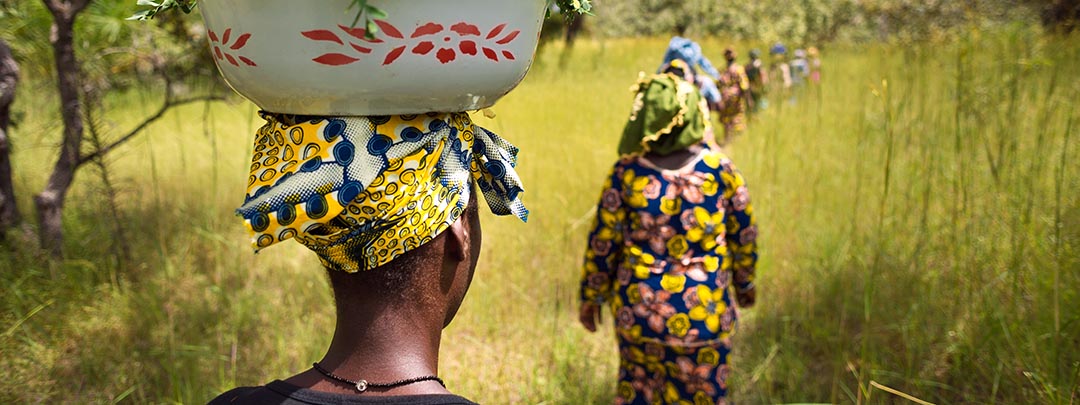(En) Gendering Transboundary Water Governance: Feminist Perspectives on Water Conflict and Cooperation
Sep 29, 2020
- Sep 30, 2020
|
IHE Delft
Online
View Original
The workshop will be hosted on https://ocw.un-ihe.org, the online course environment of IHE Delft. We use BigBlueButton (BBB) on this same platform for the online sessions. As the workshop will be attended by people from many different time zones, all sessions will be recorded and the recordings are available online shortly afterwards, so you can watch those sessions that you are not able to attend live. Please note that the recordings will only be available on the platform for the registered participants, not publicly.
Water conflict and cooperation at the transboundary level exist at the intersection of two highly masculinized fields: diplomacy and water resources management. By masculinized we not only mean that positions in this field are mainly held by men, but also that the core ideas, values, and guiding principles of these fields, as well norms about professionalism and leadership that are presented as neutral, are shaped by men and are based on male experiences. Numbers show that women are underrepresented in decision-making positions of transboundary river basin organisations. And beyond numbers, the processes, policy priorities and decisions are highly gendered. This refers for example to what is seen as ‘normal’ or adequate behaviour in negotiations for men and women, the reasoning about why to seek confrontation or compromise, or the priorities identified in water allocation questions.
On the policy side, calls for giving women a stronger voice in political decision-making and conflict resolution on water often go hand in hand with problematic essentialized assumptions of women caring more for the environment, being less self-interested and more eager to find and accept compromise - while confrontation, dominance, competition, and war are associated with men.
With a few notable exceptions, research that addresses gender and water management or water governance has mainly been focusing on water supply and sanitation at household level or on local management in the agricultural sector. Empirical studies on the gender dimensions of water diplomacy and the role of men and women in water governance and conflict resolution at an interstate level are widely missing.
With this workshop, we want to bring together researchers and practitioners to shed light on the often hidden gender dynamics of water conflict and cooperation at transboundary level and on the implicit assumptions that guide research as well as policies. We also strive to discuss how we can (en)gender more inclusive water diplomacy. We are interested equally in empirical case studies, discourse analyses, practitioners’ accounts and theoretical reflections.
Who: IHE Delft
Where: Online
When: 29-30 September 2020
